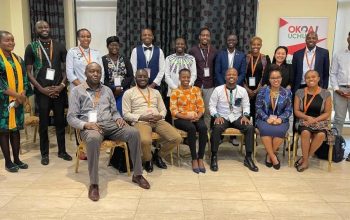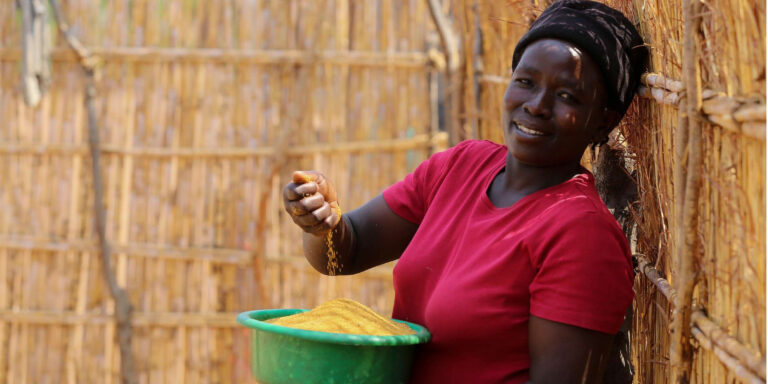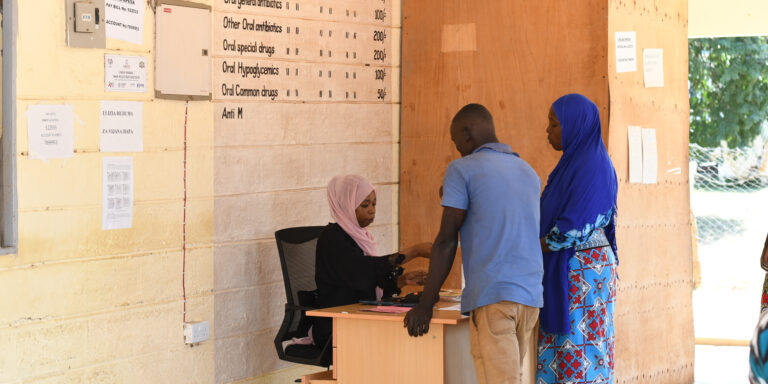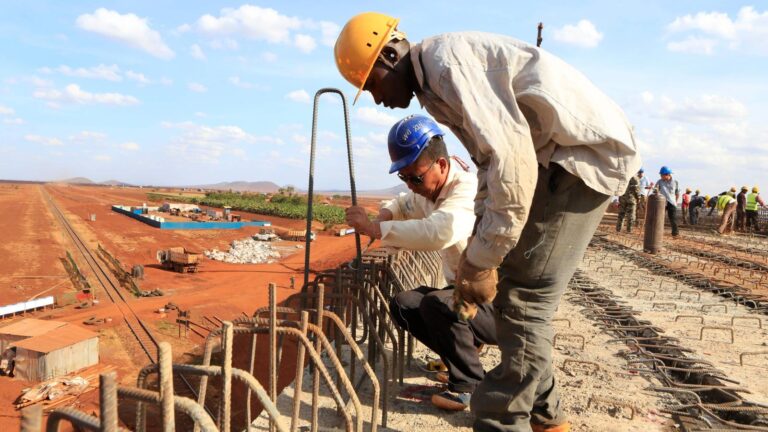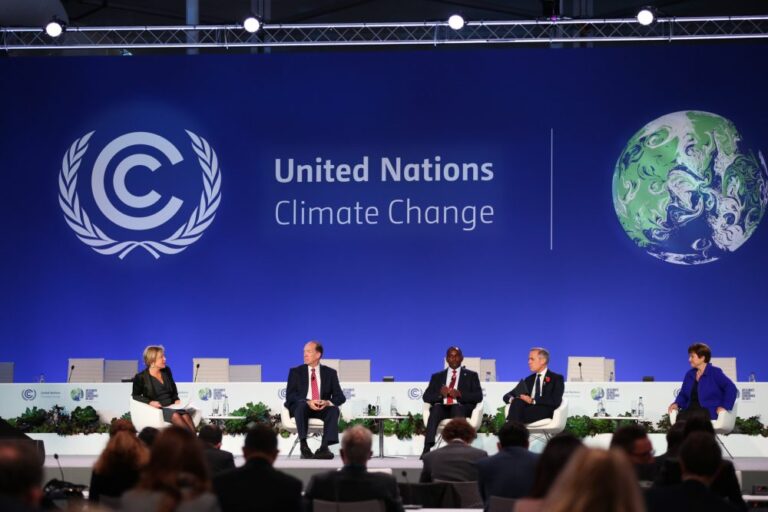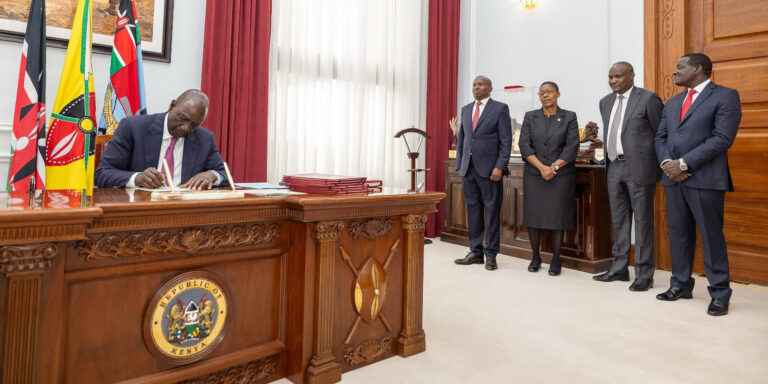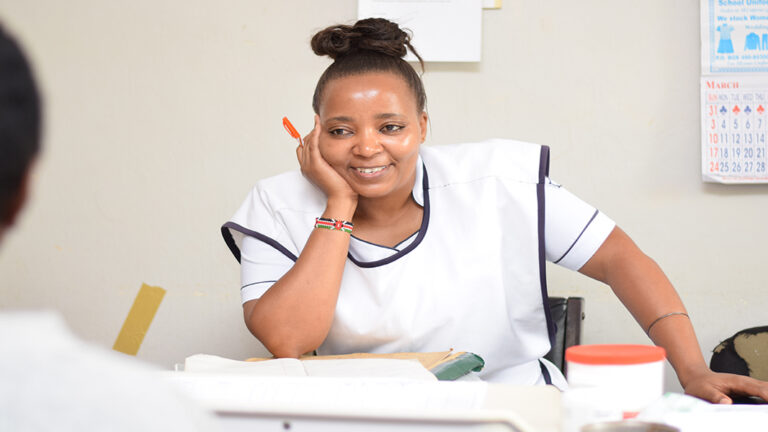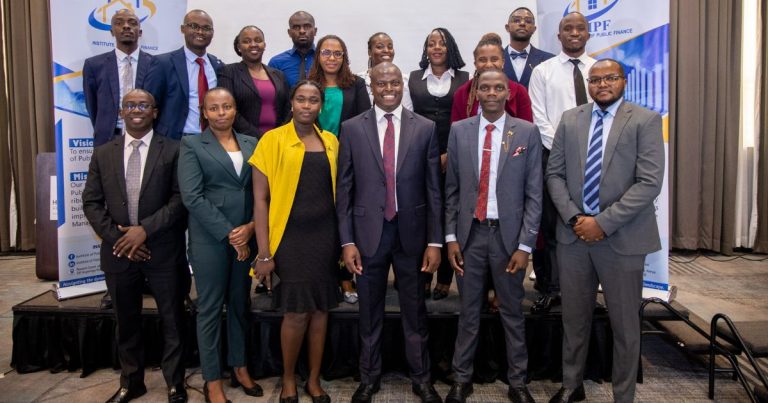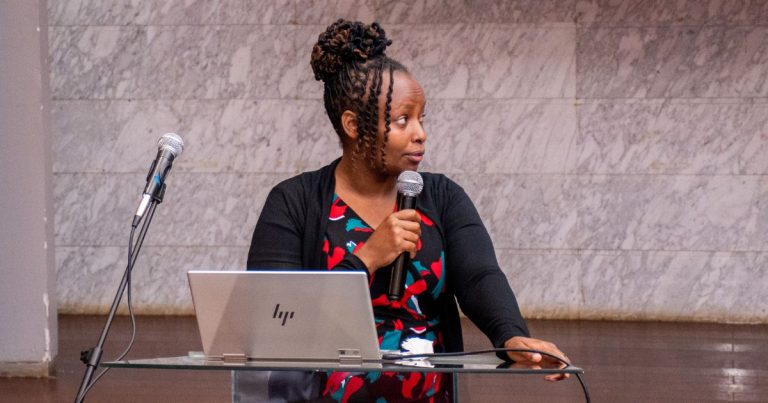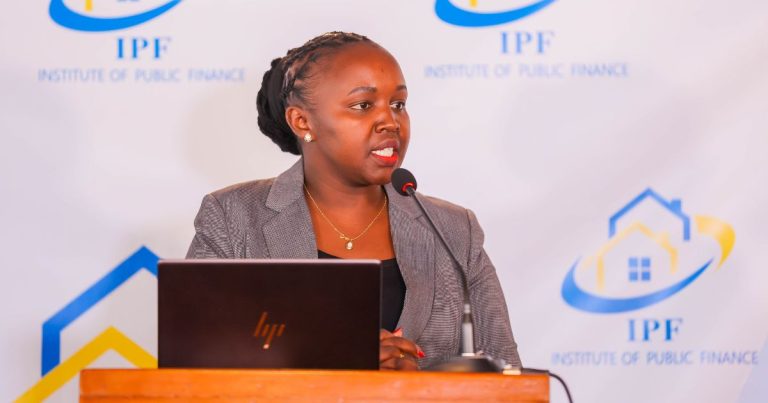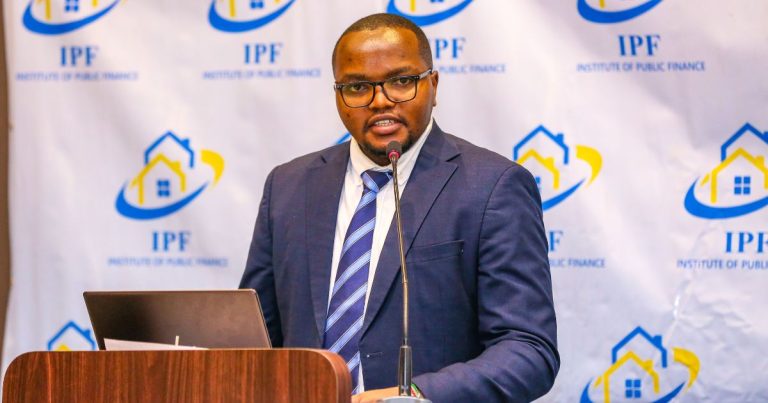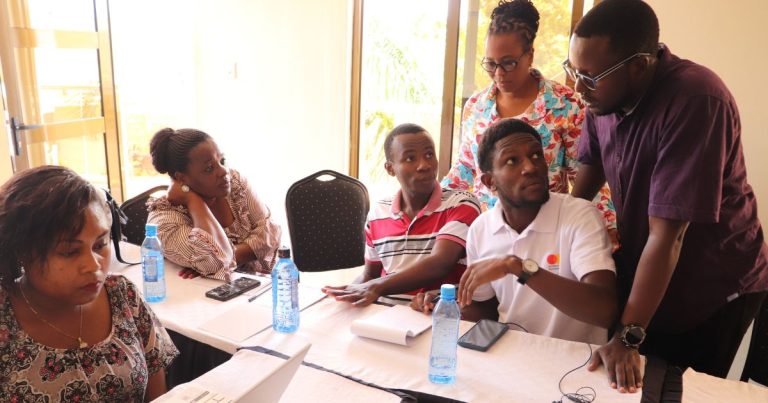The African Forum and Network on Debt and Development (AFRODAD) and its partners hosted the second African Conference on Debt and Development (AfCoDD II) from 24th to 26th August 2022 in Lilongwe, Malawi, themed “From Recovery to Reform: Sisi Ndio Tuko Stop the Bleeding”. The conference provided a platform to discuss and chart Africa’s path towards political, economic, and social self-determination.
Among other partners, the Institute of Public Finance participated in a panel discussion on the evolution of Kenya’s public debt and its impact on the economy under the Okoa Uchumi Coalition. As part of the discussions, the panelists pointed out that the government of Kenya has continuously accumulated more debt to finance a burgeoning budget. While there have been infrastructural developments, there is a growing need for deeper and meaningful political engagement to drive reforms especially increased transparency in debt contracting and reporting.
The conference was held against a backdrop of high debt levels across Africa, a situation that was exacerbated by the COVID-19 pandemic and the resultant containment measures. Many governments were forced to leverage fiscal policy and monetary policy to safeguard livelihoods at the height of the pandemic. As result, there was an unprecedented accumulation of fiscal deficits which led to a faster accumulation of public debt. With economies bouncing back from the adverse effects of the COVID-19 pandemic, it is expected that countries will recommit to fiscal consolidation, a goal they were already pursuing before the pandemic.
The high cost of debt service is another key issue that many African countries are grappling with. The Debt Service Suspension Initiative (DSSI) and the IMF’s Special Drawing Rights (SDRs) provided a temporary reprieve, but African countries continue to repatriate a considerable amount of their revenues to developed countries to cover debt services. This notwithstanding, African countries are losing revenues through base erosion and profit shifting, export of cheaper raw materials as well as the importation of expensive finished products. With global shocks materializing, the interventions instituted are proving futile due to the fractured global debt and financial architecture. It is against this background that AfCoDD II sought to drive a conversation on dismantling the existing global debt and financial architecture towards the creation of a new architecture that establishes “Africa as a rule maker and not a rule-taker”.
In one of the break-out sessions, The Tax Justice Network Africa (TJNA) led a discussion on the need to sustain the call for an international tax system at the United Nations toward a more democratic system for the benefit of Africa. Another break-out session focused on essay presentations on national legal frameworks for debt contracting in select countries in Africa.
These presentations magnified the need for increased transparency in debt contracting across the continent.
In conclusion, the conference amplified the need for Africa to have a seat at the decision table. It stressed that the current debt problem cannot be addressed without dismantling the existing financial structure. This can only be achieved if all countries in Africa speak in one voice and capitalize on their strength as a continent. This would particularly be important to drive an international tax system at the United Nations. The Okoa Uchumi Coalition particularly highlighted the need for heightened political engagement to drive the transformation agenda on public debt management.

